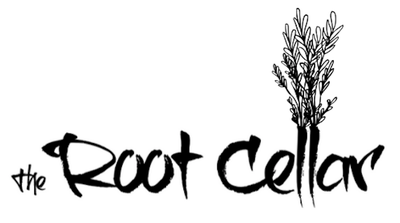The Old Way:
know your place
› to accept your position within society, an organization, your family, etc. and not want to improve it: "I just get on with my job and do as I'm told - I know my place."
The Better Way:
know your place
› to accept and revel in the fact that you are part of a community, and want to improve it: "I am because you are. I know my place in the bigger scheme of things and what I do matters in the lives of others."
Why All World Maps are Wrong
Can you be in two places at once? Yes!
Why isn’t knowing the latitude and longitude of a location good enough to know where it is? (click on the image above)
Under Queen Elizabeth I, a priest named Edmund Gunter developed the measures that now frame our modern world. Colonel Richard Moody laid out the skeleton of Metro Vancouver which are now as immutable as any geologic formation. We live within the constraints of their decisions.
Brief History of Homo Sapiens from on Vimeo
Compiled from Yann Arthus-Bertrand’s HOME, BBC’s Journey of Man, and Ronald Wright’s Short History of Progress. It’s important not because the ideas are original. They are drawn from Leadership Calgary and from the work of the Action Studies Institute. It’s important because it’s a vivid reminder every day that we are part of the human race whose history is your history, and whose journey is also your adventure. And so this video is, in a way, an introduction to the human race and the situation we find ourselves in with a need to move forward.
Discover How Climate Signals are Related
This tree of climate signals is schematic only. It illustrates factors that link individual events to climate change. The diagram does not quantify the relative strength of each factor, nor does it illustrate the natural factors that often shape extreme events, including natural variability and regular circulation changes.
OVERVIEW from Planetary Collective on Vimeo.
On the 40th anniversary of the famous ‘Blue Marble’ photograph taken of Earth from space, Planetary Collective presents a short film documenting astronauts’ life-changing stories of seeing the Earth from the outside – a perspective-altering experience often described as the Overview Effect.
The Overview Effect, first described by author Frank White in 1987, is an experience that transforms astronauts’ perspective of the planet and mankind’s place upon it. Common features of the experience are a feeling of awe for the planet, a profound understanding of the interconnection of all life, and a renewed sense of responsibility for taking care of the environment.
‘Overview’ is a short film that explores this phenomenon through interviews with five astronauts who have experienced the Overview Effect. The film also features insights from commentators and thinkers on the wider implications and importance of this understanding for society, and our relationship to the environment.
CAST
• EDGAR MITCHELL – Apollo 14 astronaut and founder of the Institute of Noetic Sciences
• RON GARAN – ISS astronaut and founder of humanitarian organization Fragile Oasis
• NICOLE STOTT – Shuttle and ISS astronaut and member of Fragile Oasis
• JEFF HOFFMAN – Shuttle astronaut and senior lecturer at MIT
• SHANE KIMBROUGH – Shuttle/ISS astronaut and Lieutenant Colonel in the US Army
• FRANK WHITE – space theorist and author of the book ‘The Overview Effect’
• DAVID LOY- philosopher and author
• DAVID BEAVER – philosopher and co-founder of The Overview Institute
———-
CREW
Producer: STEVE KENNEDY
Director: GUY REID
Editor: STEVE KENNEDY
Director of Photography: CHRISTOPHER FERSTAD
Original Score: HUMAN SUITS
Dubbing Mixer: PATCH MORRISON


